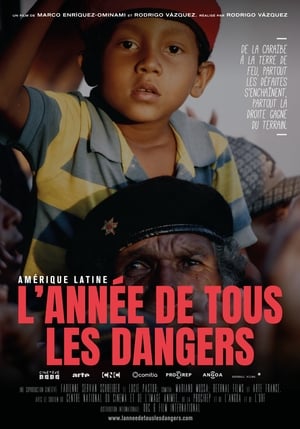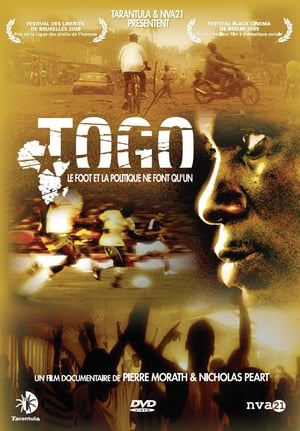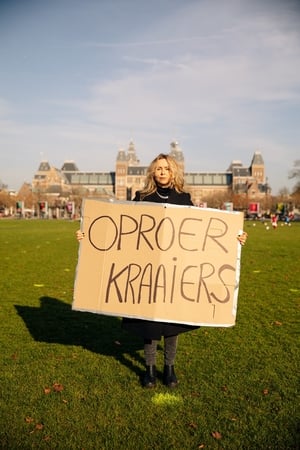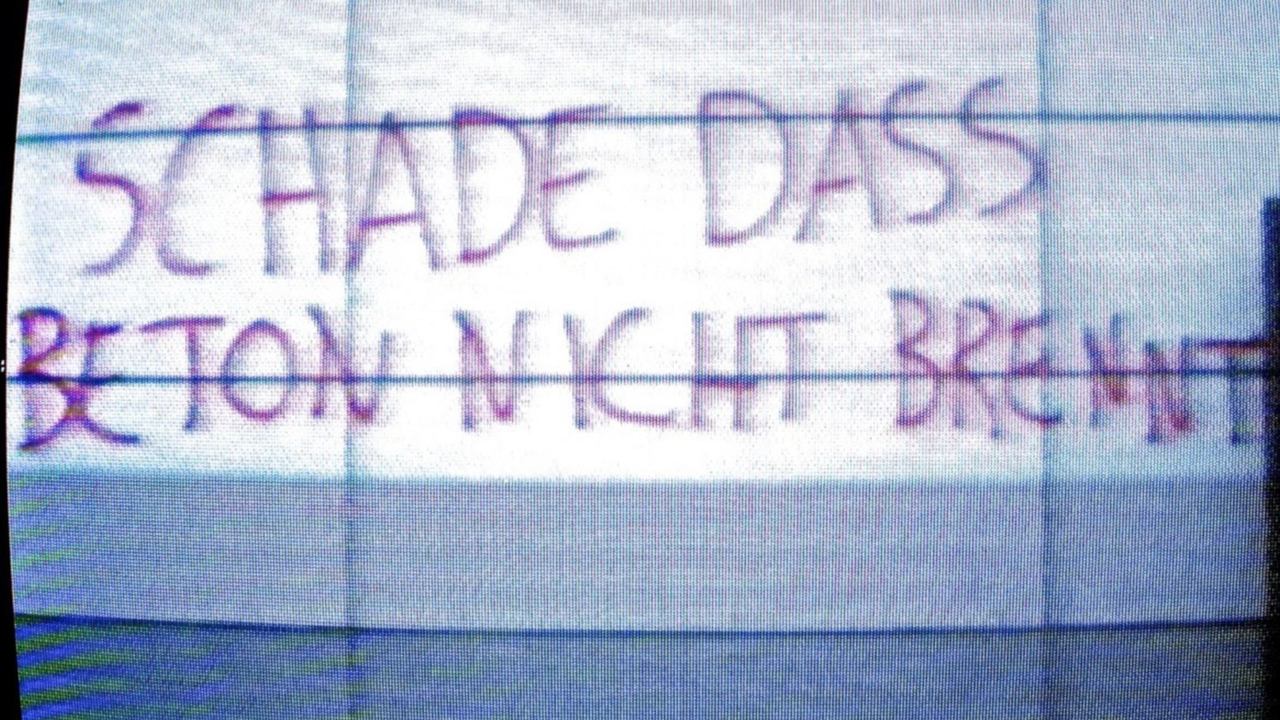
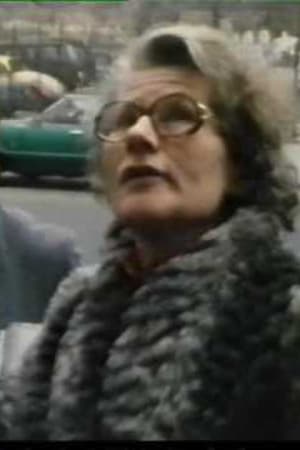
Schade, daß Beton nicht brennt(1981)
A documentary about the clashes between squatters and the police in Berlin in early 1981. Despite the absence of commentary, this is an openly partisan film that aims less for political analysis than for an up-close description of the situation and mood.
Movie: Schade, daß Beton nicht brennt

Schade, daß Beton nicht brennt
HomePage
Overview
A documentary about the clashes between squatters and the police in Berlin in early 1981. Despite the absence of commentary, this is an openly partisan film that aims less for political analysis than for an up-close description of the situation and mood.
Release Date
1981-05-10
Average
0
Rating:
0.0 startsTagline
Genres
Languages:
DeutschKeywords
Similar Movies
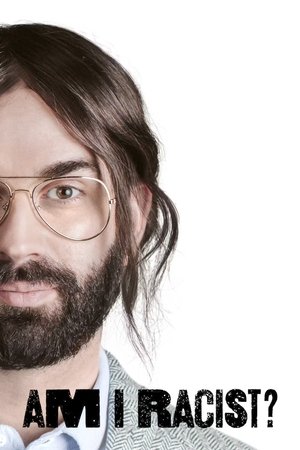 6.1
6.1Am I Racist?(en)
Matt Walsh goes deep undercover in the world of diversity, equity, and inclusion. Prepare to be shocked by how far race hustlers will go and how much further Matt Walsh will go to expose the grift, uncovering absurdities that will leave you laughing.
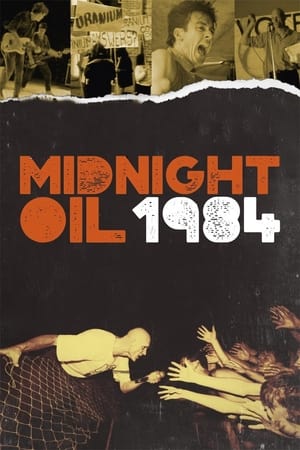 7.2
7.2Midnight Oil: 1984(en)
In 1984, Midnight Oil released their iconic record Red Sails in the Sunset. They embarked on a relentless tour around the nation performing raw and electrifying music that reignited the imagination of young Australians. That same year, their lead singer Peter Garrett committed to run for a Senate seat for the Nuclear Disarmament Party. With the mounting pressure of balancing the demands of music and politics this is the year that would make, but nearly break, Australia's most important rock and roll band. Thirty years in the making and featuring never seen before seen footage of the band on and off the stage, Midnight Oil: 1984 is the untold story of the year Australia’s most iconic rock band inspired the nation to believe in the power of music to change the world.
For Our Lives: Parkland(en)
Since the deadly shooting at Marjory Stoneman Douglas High School, ABC News: Nightline producers have been on the ground in Parkland, Florida, capturing intimate moments as a community rebuilds. For Our Lives: Parkland is hosted by Elaine Welteroth, who was on the ground for "March For Our Lives," to meet the students on their biggest stage yet.
 0.0
0.0Water and the Dream of the Engineers(en)
Documentary where rich social history frames a spirited debate on the development of water infrastructure throughout the USA.
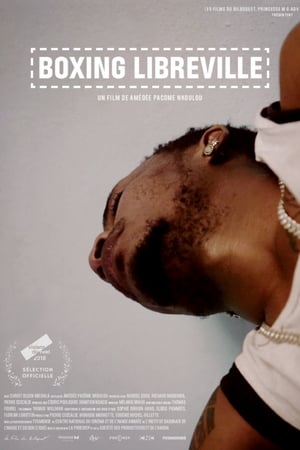 7.5
7.5Boxing Libreville(fr)
Libreville, Gabon, Africa, 2016. Christ Olsen Mickala, a young boxer, trains tirelessly during the day and earns his living by night as a bouncer in nightclubs. At the same time, the combat of the presidential elections is taking place. As Christ hopes to succeed, a whole country hopes that a democratic transition finally triumphs.
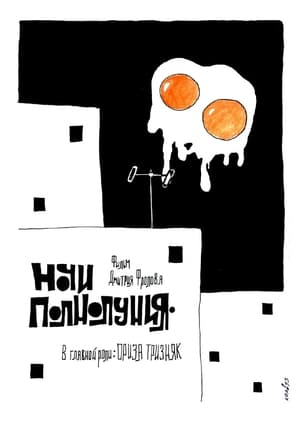 5.2
5.2The Bigmoon Nights(ru)
The film "Nights full moon" shows the tendency of moral decay in society. The main character is torn apart by internal contradictions, leading him to the path of Evil. Bans on self-identification - philosophical, existential, sexual, and then permissiveness spawn a monster that is not aware of its true nature and genuine desires. Throughout the film-trilogy, the protagonist goes through a series of temptations that ruin his soul and lead, after all, to a madhouse. In a general sense, the film allegorically shows the tragic path of the Russian lumpen intellectual, lost between the past and the present, not finding the strength to accept and comprehend the unexpected changes that happened in our country twenty years ago. In the global sense - the tragic circle of Russian history.
Impressões do Brasil(pt)
"Impressões" rescues the history of the Brazilian press since 1808, when the "Correio Brasiliense" clandestinely reached Rio de Janeiro after being edited in London by Hipólito José da Costa, and spans until 1986. It's the first documentary to depict the history of the Brazilian journalistic press.
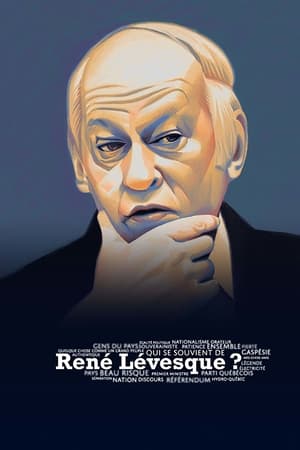 10.0
10.0Qui se souvient de René Lévesque?(fr)
With his charisma, his energy, his integrity - but also his faults - René Lévesque left an indelible mark in the collective imagination of Quebecers: that of a hero of a people. But how can we measure his legacy, 35 years after his death and 100 years after his birth? From Montreal to New Carlisle, L'Actualité journalist Guillaume Bourgault-Côté crosses Quebec to meet certain relatives, colleagues, experts and artists who rubbed shoulders with the man, literally and figuratively. Together, they try to identify what remains of René Lévesque. By traveling through Quebec, we will better understand the legacy left by René Lévesque 100 years after his birth, 35 years after his death: his role in the sovereignist movement, the development of public and economic policies, but also the strength of his personality, which still today arouses a feeling of deep attachment among the Quebec population, regardless of political allegiances. (Translated from French.)
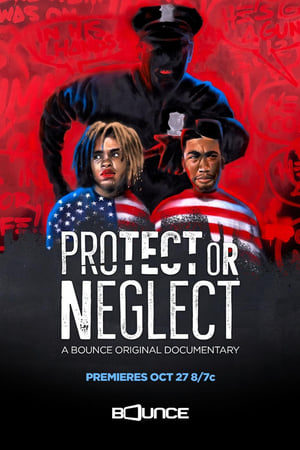 0.0
0.0Protect or Neglect(en)
A candid, authentic and provocative conversation about race, bias, and policing in America.
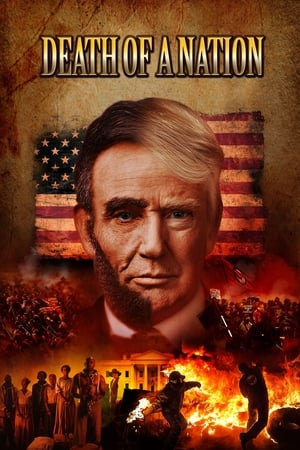 4.2
4.2Death of a Nation(en)
Parallels are drawn between Abraham Lincoln's presidency and the presidency of Donald Trump. Not since 1860 have the Democrats so fanatically refused to accept the result of a free election. That year, their target was Lincoln. They smeared him. They went to war to defeat him. In the end, they assassinated him.
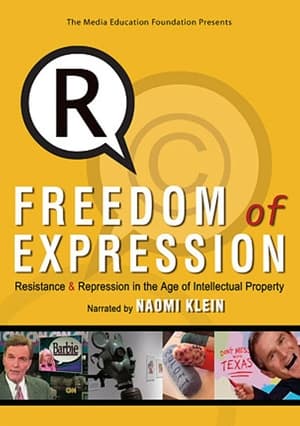 0.0
0.0Freedom of Expression: Resistance & Repression in the Age of Intellectual Property(en)
In 1998, university professor Kembrew McLeod (Associate Professor of Communication Studies at the University of Iowa) trademarked the phrase "freedom of expression" - a startling comment on the way that intellectual property law restricts creativity and expression of ideas. This provocative and amusing documentary explores the battles being waged in courts, classrooms, museums, film studios, and the Internet over control of our cultural commons. Based on McLeod's award-winning book of the same title, Freedom of Expression charts the many successful attempts to push back this assault by overzealous copyright holders. Freedom of Expression is an essential tool for educators, activists, filmmakers, students, artists, librarians, and more.
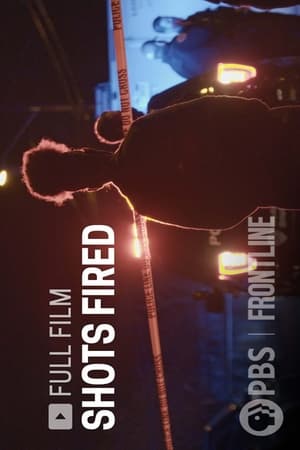 7.0
7.0Shots Fired(en)
Amid record police shootings in Utah, an investigation into the use of deadly force in the state with Frontline's local journalism partner The Salt Lake Tribune.
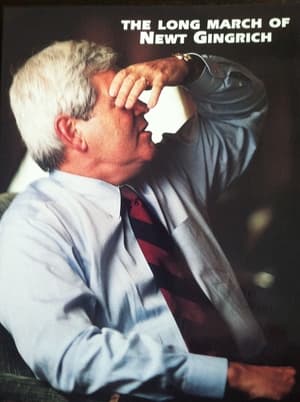 0.0
0.0The Long March of Newt Gingrich(en)
In this investigative biography of the outspoken and controversial Speaker, correspondent Peter J. Boyer takes an inside look at how Gingrich led the GOP to become the majority party and examines the childhood, people and events that shaped Gingrich's personality and political career.
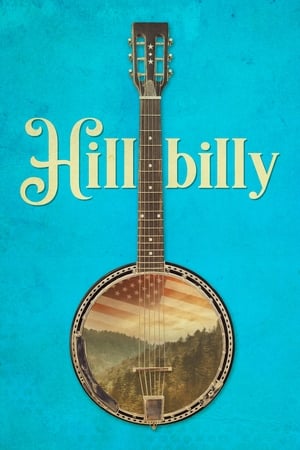 7.0
7.0Hillbilly(en)
A documentary that examines the cultural stereotype of the people of Appalachia and how that has affected America's relationship with its rural communities.
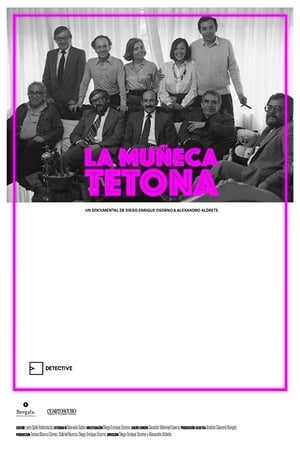 6.6
6.6The Busty Doll(es)
In a photograph among journalists, writers, academics and artists was a controversial president of Mexico and the unusual guest who owes the name of this story.
 10.0
10.0Frantz Fanon, trajectoire d'un révolté(fr)
Frantz Fanon alone embodies all the issues of French colonial history. Martinican resistance fighter, he enlisted, like millions of colonial soldiers, in the Free Army out of loyalty to France and the idea of freedom that it embodies for him. A writer, he participated in the bubbling life of Saint-Germain with Césaire, Senghor and Sartre, debating tirelessly on the destiny of colonized peoples. As a doctor, he revolutionized the practice of psychiatry, seeking in the relations of domination of colonial societies the foundations of the pathologies of his patients in Blida. Activist, he brings together through his action and his history of him, the anger of peoples crushed by centuries of colonial oppression. But beyond this exceptional journey which makes sensitive the permanence of French colonialism in the Lesser Antilles at the gates of the Algerian desert, he leaves an incomparable body of work which has made him today one of the most studied French authors across the Atlantic.
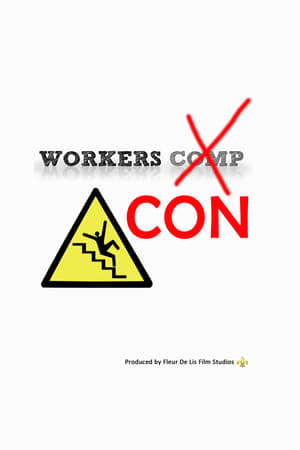 10.0
10.0Workers Con(en)
Workers Compensation, is the Worker's Con, a process flawed, buried in bureaucracy, adding insult to injury.
